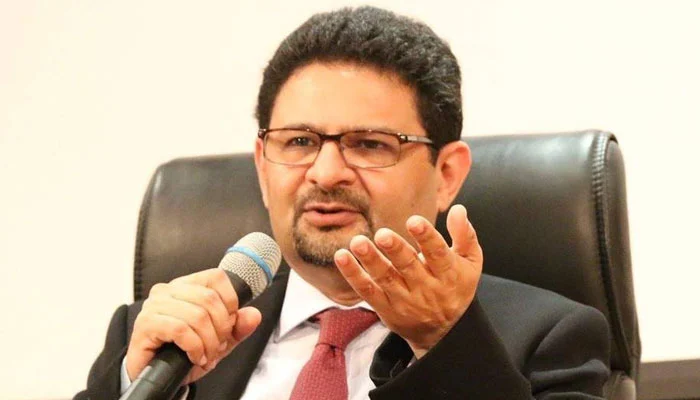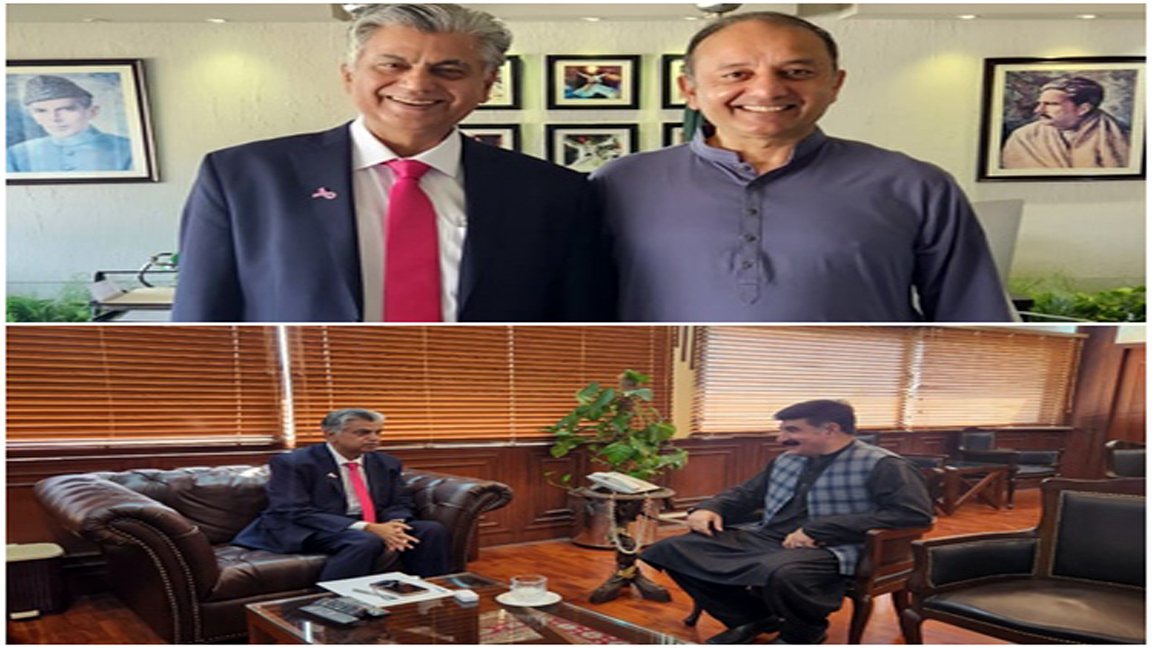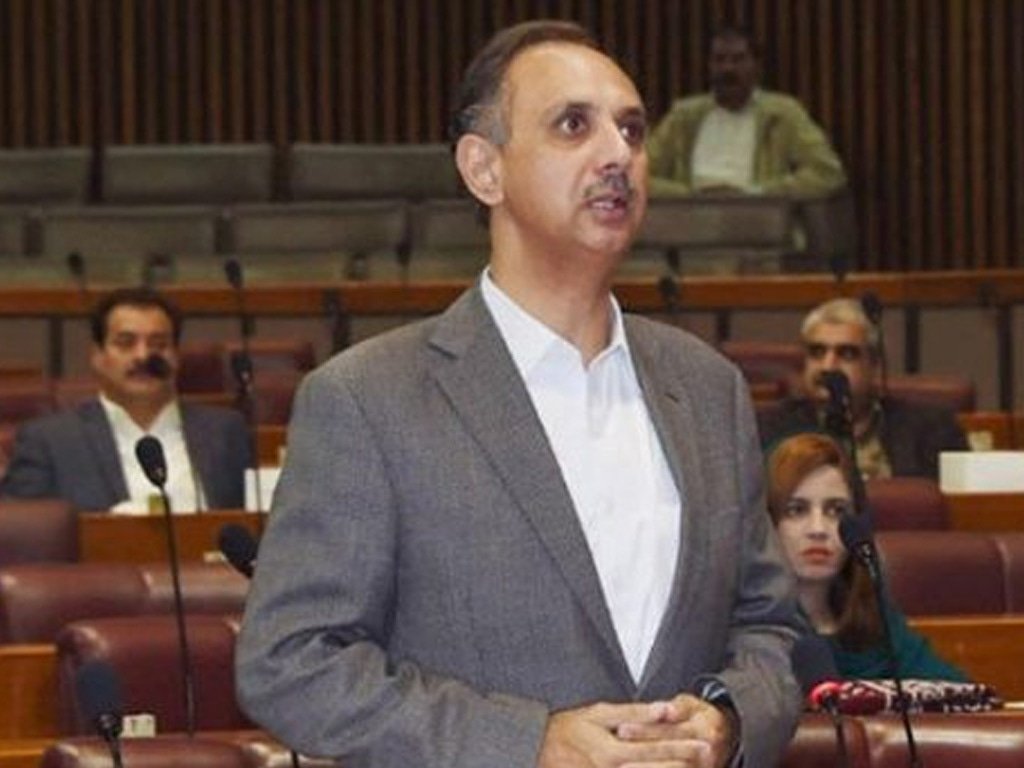Former Finance Minister Miftah Ismail, during a discussion on Geo News’ program ‘Capital Talk,’ voiced his apprehensions about the absence of clear plans to address the challenges facing the country. While acknowledging the capabilities of all leaders, Ismail emphasized the necessity for leaders to articulate and present comprehensive plans for addressing the nation’s issues.
Having resigned from all positions within the Pakistan Muslim League-N (PML-N), Ismail clarified that he has distanced himself from electoral processes and active politics. Currently focused on economic matters, he stated that he is engaged in business and has no immediate intention to re-enter politics within the next few months.
Ismail shared details of a meeting with Nawaz Sharif, stating that it was an informal encounter with no political intentions. His current priorities lie in reading and staying informed about economic affairs, with a firm decision to stay away from active political participation for the foreseeable future.
Expressing his observations on the economic scenario, Ismail highlighted the global context, noting that the world does not wish to see Pakistan default. He mentioned the recent decrease in wheat and crude oil prices globally, indicating a challenging time. Despite the economic difficulties, he expressed hope for improvement, emphasizing the need to combat smuggling and focus on boosting exports.
On the local front, Ismail pointed out specific issues, such as the closure of the steel mill for eight years and the continuation of salaries, suggesting that the government must make challenging decisions. He stressed the importance of coherent policies and called for attention to the anti-smuggling efforts to foster positive economic developments.
Miftah Ismail urged leaders to step up and provide strategic plans for addressing the nation’s problems, recognizing that each political group has individuals who oppose corruption. While the challenges are substantial, Ismail maintained hope for a better future and called for decisive policymaking to navigate the complexities of the current economic landscape.



